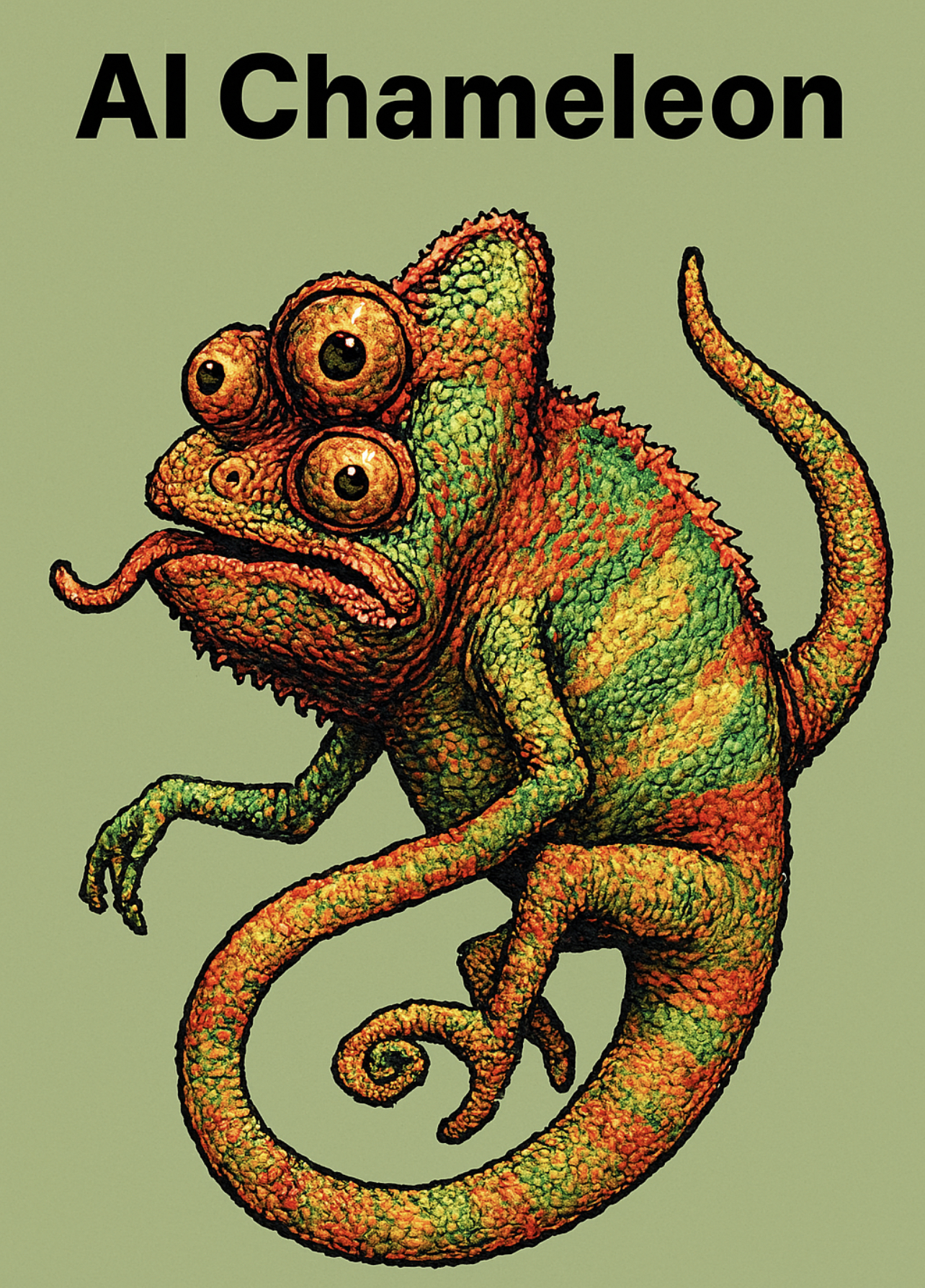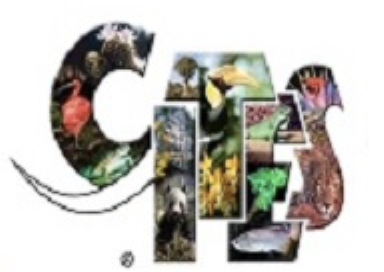Myth 65: “I Get All Necessary Info Online”

You might get some information online—but not nearly as much as you think, and certainly not without risk. The digital landscape is a chaotic swamp of gold nuggets buried in heaps of garbage. With the rise of AI, the mess is multiplying: recycled errors, fabricated nonsense, and algorithmic hallucinations now masquerade as "answers."
It's absurd, tragic, and occasionally hilarious when someone armed with Siri, Google, or ChatGPT tries to argue with a certified expert—someone with decades of fieldwork, peer-reviewed publications, and firsthand experience—using information scraped from wastebasket sources.
Yes, there is reputable information online. But you must know where to look—and more importantly, where not to look. Avoid commercial clickbait, stylized summaries, and AI-generated filler. These sources are not just wrong—they're dangerous.
Reputable Sources for Chameleon Research
CHAMELEONS INFO www.chameleons.infoThe definitive resource for chameleon biology, captive management, and cultural significance. Includes the only complete atlas of all known—and even unknown—chameleon species.
THE REPTILE DATABASE www.reptiledatabase.comAuthoritative systematics and morphological data.
iNATURALIST www.iNaturalist.org
Verified distribution records and general biological observations.
IUCN www.iucnredlist.org
Conservation status, threats, and life history data.
CITES www.cites.org
Official international trade regulations.
MADCHAM www.madcham.de
Specialized insights into Malagasy chameleon biology and husbandry.
THE CHAMELEON ACADEMY www.chameleonacademy.com
Chameleon husbandry.
Sources to Avoid
(Unless You're a Trained Forensic Analyst)
Unless you're a professional who knows how to verify claims, trace citations, and spot AI hallucinations—you're likely to be misled. And if you are that professional, you already know better than to ask Siri about chameleon calcium metabolism or altitude distribution.







